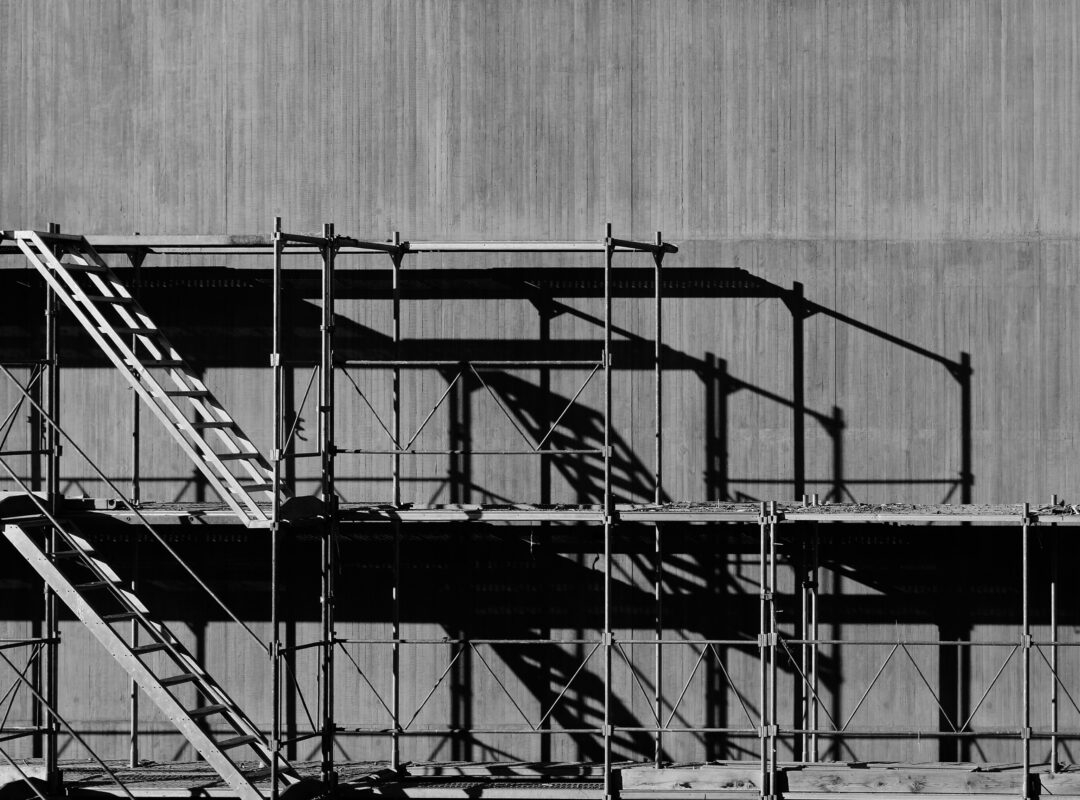In the movies, we often witness dramatic scenes where debris comes crashing down, causing chaos and catastrophe. While real-life falling debris may not always be as dramatic, it can still have a significant impact on a victim’s life. Debris from construction sites, buildings, or even trees can unexpectedly fall, leading to serious injuries and life-altering consequences. If you’ve been a victim of falling debris in New York, you may be wondering what steps to take and whether you should settle.
Causes of Falling Debris Accidents
Falling debris accidents can occur due to various reasons, such as:
- Construction Site Negligence: Failure to secure materials properly or inadequate safety measures and training at construction sites can lead to debris falling and endangering construction workers, pedestrians, or nearby properties.
- Building Maintenance: Lack of proper maintenance and inspection of buildings can result in loose or deteriorating materials falling.
- Weather Conditions: Severe weather events like storms or strong winds can dislodge debris from structures or trees.
- Improper Tree Pruning: Incorrectly pruned trees may shed branches or limbs, posing a threat to people and properties below.
Who Can Be Held Responsible for Falling Debris Accidents in New York?
Determining liability in falling debris accidents can be complex. Responsible parties may include property owners, construction companies, contractors, or even the local government if the debris originates from public property. Identifying who should be held responsible requires a thorough investigation and an understanding of New York premises liability and construction laws.
New York Laws and Regulations Regarding Falling Debris Accidents
New York has strict laws and regulations in place to ensure accountability for falling debris accidents. According to OSHA, all materials aloft should be secured to prevent accidents, and contractors must provide overhead protection like safety nets and hard hats for employees on the ground. Failure to adhere to these standards can make employers, general contractors, subcontractors, and others responsible for worker safety liable for falling debris accidents.
Labor Law Section 240, known as the Scaffold Law, also protects construction workers in New York from fall-related accidents. It mandates that construction site owners and overseers must provide proper safety equipment for workers. This law holds owners and contractors responsible for accidents resulting from a lack of proper protection, even if the worker may have acted negligently. For instance, if workers were not aware of overhead hazards due to inadequate barricades, owners and contractors can still be liable.
To enhance safety measures, New York’s building code was revised in 2014, mandating construction fences to withstand 80-mile-per-hour winds. Routine safety inspections are conducted on large construction sites, especially those identified as high-risk. Additionally, major construction projects in New York City require certified site safety managers to enforce Department of Buildings, OSHA, and FDNY regulations. These measures aim to prevent falling debris accidents and protect the well-being of workers and the public.
Should You Accept a Settlement?
Facing the aftermath of a falling debris accident can be overwhelming. Insurance companies may approach you with settlement offers, but it’s crucial to remember that they often aim to minimize their costs. Accepting an early settlement without understanding the full extent of your injuries and losses may lead to inadequate compensation.
If you were working at a construction site when a falling object injured you, you may be able to file a workers’ compensation claim in New York. This system does not require you to prove fault or negligence to be eligible for financial benefits. Instead, all you must show is that you were performing job-related tasks at the time of the injury. It is important, however, to consult with a construction accident attorney in NYC before accepting a workers’ compensation settlement.
Once you accept a settlement, you cannot file a lawsuit against your employer. If your employer caused or contributed to your injury, however, a lawsuit could result in greater financial compensation. An attorney can review your particular case and recommend the best legal action. If someone other than your employer is to blame, such as a product manufacturer, you may be able to recover through both workers’ comp and a lawsuit.
You may also be eligible for financial compensation if you were injured by falling objects or debris in a construction zone as a civilian. If you were walking or biking through a construction site in New York City when something fell and injured you, you may be able to file a lawsuit against the construction company or another party for your medical bills, pain and suffering, lost wages, lost enjoyment of life, and more.
Why You Need a Personal Injury Lawyer for Falling Debris Cases
Navigating the legal complexities of falling debris cases is challenging, especially when dealing with insurance companies and potential disputes over liability. Having an experienced personal injury lawyer on your side can make a significant difference. They can protect your rights, thoroughly assess the damages you’ve suffered, and negotiate with the responsible parties to ensure you receive fair and just compensation for medical expenses, lost wages, pain and suffering, and other losses.
Don’t let your rights fall by the wayside – Contact Kuller Law Firm LLP today to protect your future.
At Kuller Law Firm LLP, we are committed to advocating for victims of falling debris accidents in New York. Our team of dedicated attorneys has a track record of success in handling complex personal injury cases, and we understand the impact these accidents can have on your life. Don’t let your future be overshadowed by the fallout of a falling debris incident. Contact us today for a free consultation, and let us fight for your rights and pursue the compensation you deserve.


